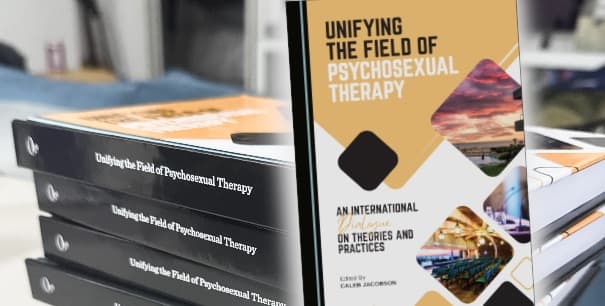Envision Your Future
This past week I asked someone, “What do you want to be when you grow up?” Their reply “I’m 26 and already grown up!” Not trying to be a smart ass, I retorted, “I’m twice your age and I still haven’t decided!”
A moment of self-disclosure: on a professional level, I’m on my fourth career.
Regardless of your age or perceived stage of life, it’s always healthy to evaluate your dreams and envision your future. It can be a bit more daunting for people with ADHD: so often we have lived in fear of being our genuine selves because we just didn’t fit in. We don’t want to fail because we’ve been told we will.
Somehow, we always seem to live up to the expectations of those we trust when when we don’t complete tasks, blurt out at school, or make snide comments in structured settings like work meetings. Having an expectation of failure constantly hanging over your head sucks. Get enough of it from people you trust, and you start to believe that you will never be more than a fuck-up.
Perhaps we live in safety by never taking unnecessary chances or venturing out into the light.
#adhdtips
Dreaming is good. Playing “what if” engages different areas of the brain and produces different levels of neurochemicals... you might even be able to feel it in real time! These brain hormones can help you feel more capable and give you a reason to move beyond your current world that could be overly determined by your ADHD. Take a moment and review all the dreams and goals you had in your younger days.
As you dream, take stock of your past desires and consider what these old dreams mean to you now. Are they “secret desires” that never came true? Perhaps, like bell bottoms from the ’70s, some dreams are meant to be retired. Others can be modified to achieve your present reality. Some dreams only ever existed in the realm of fantasy, and that’s ok too.
Pay attention to your secret desires and modifiable aspirations. Like old, cherished clothes from a box in the attic, some dreams need to be pulled out, tried on, and altered to fit the current you.
Many people with ADHD tell me they’ve heard a common litany of unhealthy descriptors: lazy, stupid, tardy, just need to try harder, unsuccessful, undisciplined, a disappointment, a failure. Revisiting old dreams may help you revisit a time in your life when you didn’t feel or believe these statements like you might today. Grasp ahold of this innocence from a younger you for additional strength to grow.
Who knows, maybe it’s time to pull an old dream out and rock it like a classic coat from the ’40s!







